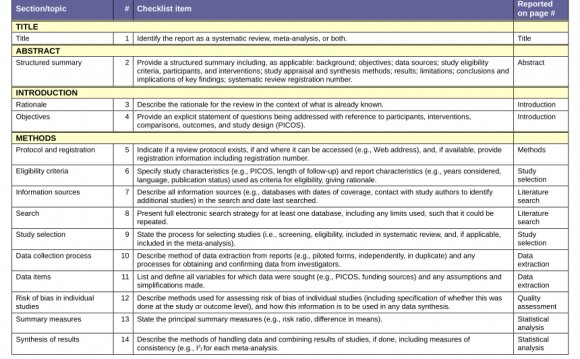
Nursing Interventions for elderly Heredia
Randomized control studies of phone intervention inside diabetes were searched concerning Medline (Pubmed), the Cochrane Central Register of Controlled Trials, Cumulative Index to Nursing and Allied Health Literature (CINAHL), Web of Science (ISI), and Scopus. Electric search was done from beginning to April 2013. Here MeSH terms were utilized: diabetes mellitus, randomized control trials and telemedicine, as well as keywords including phone intervention, diabetes, and glycemic control. Historic search was also conducted on recommendations of relevant articles. The quality of the trials was considered making use of Maastricht-Amsterdam scale. Treatment impact had been believed with mean difference between the alteration of hemoglobin A1c (HbA1c) from standard involving the input and control groups.
Outcomes
A complete of 203 articles were examined. Five trials concerning 953 customers came across the addition criteria and added on meta-analysis. Telephone contact intervention ended up being no more effective than standard clinical attention in improving glycemic control (pooled mean difference in HbA1c −0.38percent, 95%Cwe −0.91 to 0.16per cent).
Conclusions
This meta-analysis revealed that the telephone contact intervention was no further efficient than standard medical attention in improving glycemic control in diabetes. However, phone input may have prospective advantages specifically for low-and middle-income countries; thus more large sample dimensions and well-controlled researches are expected to gauge the influence associated with the intervention.
Citation: Suksomboon N, Poolsup N, Nge YL (2014) influence of Phone Call Intervention on Glycemic Control in Diabetes Patients: an organized Review and Meta-Analysis of Randomized, managed tests. PLoS ONE 9(2): e89207. doi:10.1371/journal.pone.0089207
Publisher: German Malaga, Universidad Peruana Cayetano Heredia, Peru
Copyright: © 2014 Suksomboon et al. This is certainly an open-access article distributed beneath the terms of the innovative Commons Attribution License, which permits unrestricted usage, distribution, and reproduction in just about any medium, provided the first author and origin tend to be paid.
Funding: The authors haven't any assistance or capital to report.
Contending passions: The authors have declared that no competing interests exist.
Introduction
Diabetes is a metabolic condition this is certainly described as hyperglycemia caused by insulin deficiency, insulin weight or both. The number of diabetes is increasing global. There have been 366 hundreds of thousands people who have diabetic issues last year, 80percent which are from reduced- and middle-income countries (LMICs) . For diabetes customers, there are many efficient pharmacological and non-pharmacological remedies to enhance glycemic control that is key to preventing severe macro- and micro-vascular complications . Self-care tasks are important element to accomplish focused blood glucose levels, while outpatient follow-up normally necessary for treatment success. But many patients neglect to attain glycemic control due to insufficient out-patient services they get in support of self-care management. They could in addition experience financial hardship that stops all of them from regular follow-up assessment, especially in low-income countries. Insufficient information about diabetic issues and administration ability additionally affects glycemic control in diabetes .













